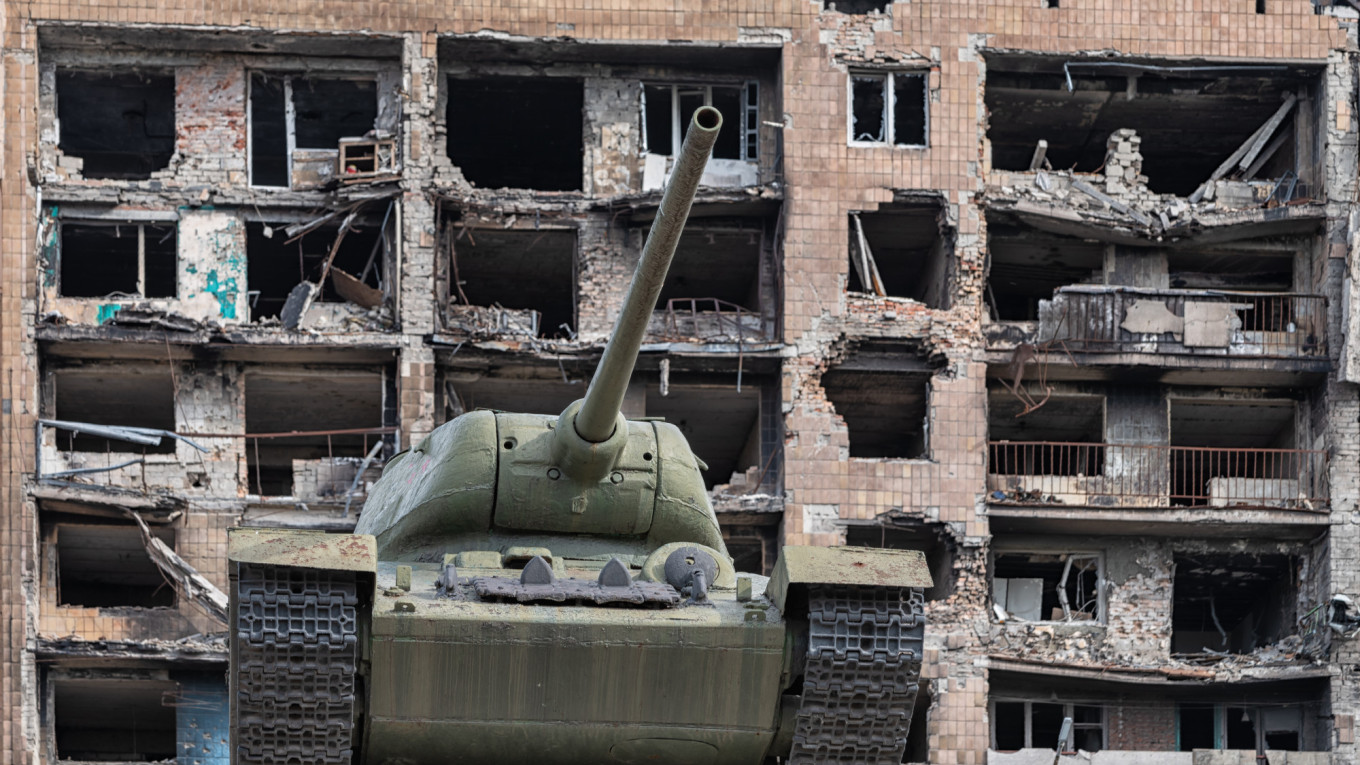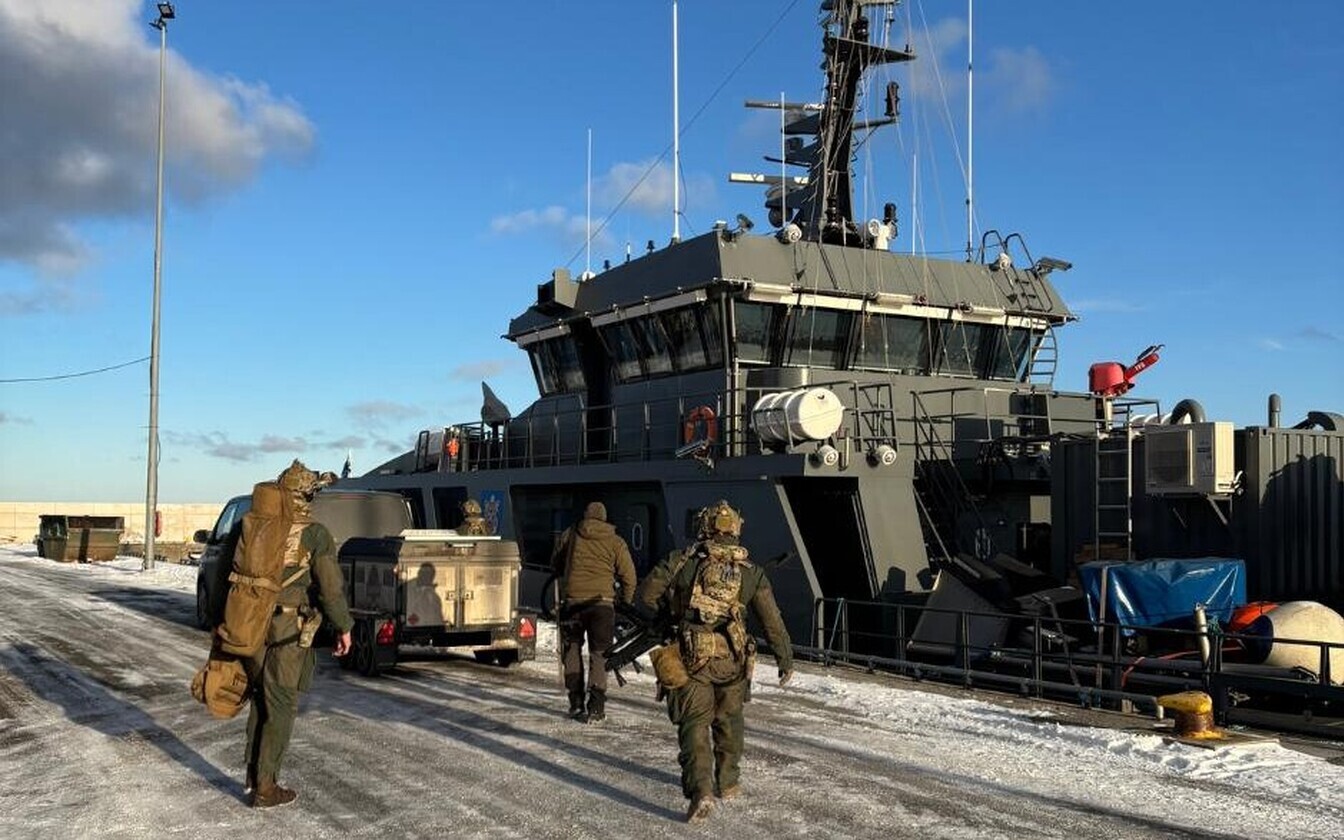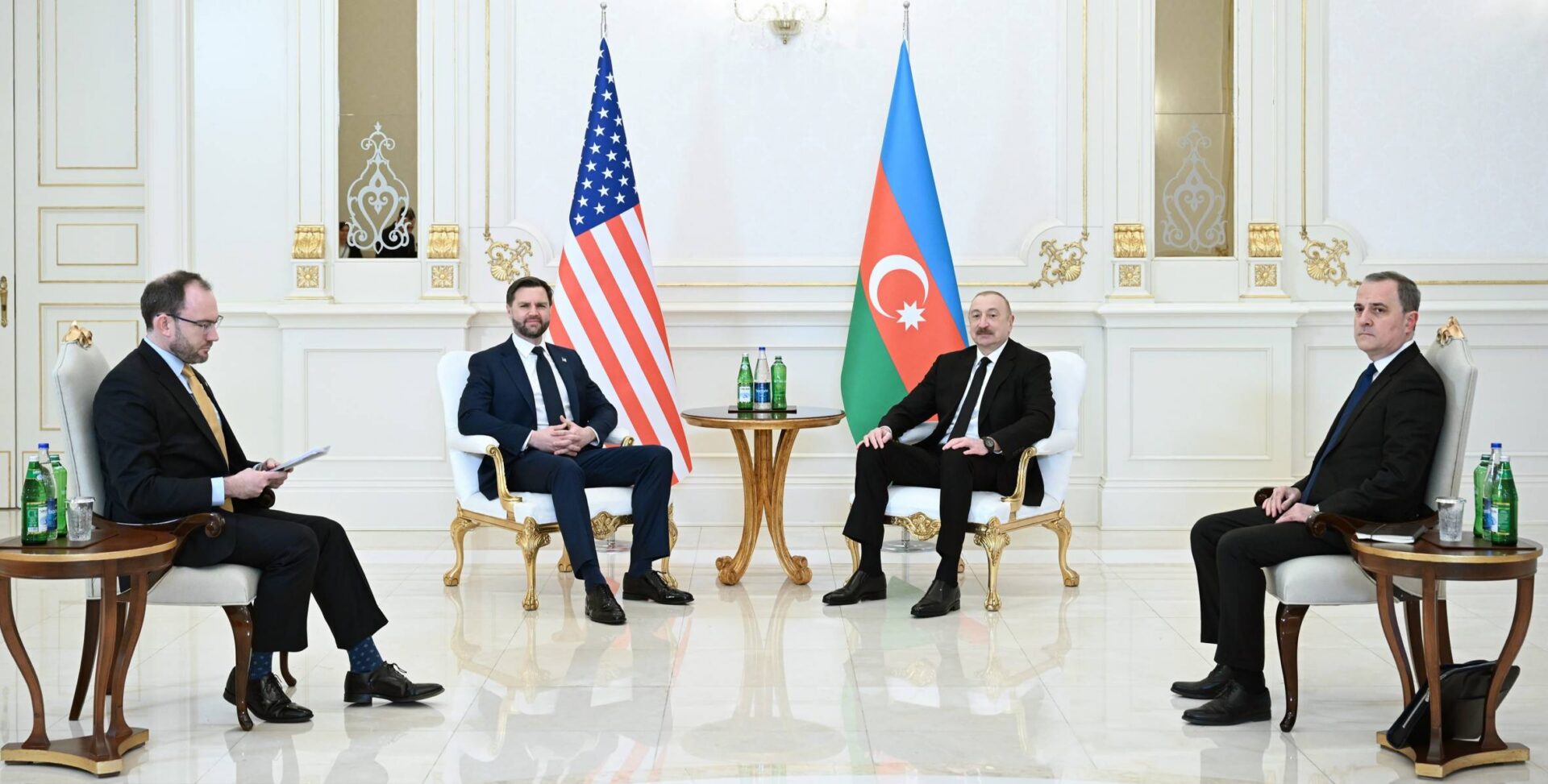
A Vilnius Boost for the Ukrainian Offensive
A Vilnius Boost for the Ukrainian Offensive
The summit of the North Atlantic Treaty Organization (NATO) in Vilnius, Lithuania, on July 11 and 12 will likely not produce any sensational joint decisions; it is set, nevertheless, to signify a major step in reconfiguring and reinforcing the European security system. Russia’s aggression against Ukraine has shaken this system badly, and NATO, which used to be just one of the structures in this complex institutional architecture, has taken on a pivotal role in restoring the material and normative foundations of common security. Ensuring and demonstrating the unity of allies is always a central task of such meetings, but this summit has the harder task of consolidating the purpose of this unity—to invest all necessary efforts in empowering Ukraine to defeat Russia’s aggression and restore its territorial integrity. The Kremlin pins its hopes for prevailing in the long war on splits in Western solidarity, and it is about to receive an unequivocal message that time is not on its side.
Russian mainstream media focuses on the fact that Ukraine will not receive an invitation to join NATO or even a Membership Action Plan, discussed and postponed 15 years ago at the 2008 Bucharest summit (Izvestiya, July 8). The allies, however, are committed to eliminating the old ambivalence that triggered the August 2008 Russo-Georgian War and paved the way to the first phase of Russian aggression against Ukraine in the spring of 2014 (Kommersant, July 8). It is not the wording of the painstakingly negotiated final communiqué that matters, but rather the firm consensus on the new quality of Ukraine’s engagement with NATO, which even the politically sensitive Moscow experts cannot deny (Valdaiclub.com, June 30).
Seeking to add more dynamics to this engagement, Ukrainian President Volodymyr Zelenskyy made yet another diplomatic tour on the eve of the Vilnius summit, visiting Bulgaria, Czechia, Slovakia and Turkey (Svoboda, July 7). Even in Bulgaria, where public opinion still cherishes some pro-Russian sentiments, Ukraine’s desire to become a member of the Atlantic alliance was endorsed and translated into the expansion of military and economic ties between the two countries (Izvestiya, July 8). Potentially the most impactful of these was the meeting in Istanbul with President Recep Tayyip Erdogan, who confirmed that Ukraine deserved membership in NATO and concentrated on Turkish guarantees for the “grain deal,” despite Russian objections (RIA Novosti, July 8). Seeking to underscore the feasibility of this deal, Zelenskyy made a detour and landed on Snake Island, which had been captured by Russian marines in the first week of the war after defiant resistance but was liberated by Ukraine after a series of missile strikes in late June 2022 (Meduza, July 8).
The NATO allies cannot embrace Ukraine as a member state immediately, as that would mean entering into a kinetic war with Russia; nevertheless, they can increase the volume of financial and military support, which in relative terms remains quite moderate (Re: Russia, July 4). Every bit of material help, such as the delivery of combat helicopters from Slovakia, matters, and the coalition that is training and equipping several squadrons of F-16 fighters to upgrade the Ukrainian Air Force is hard at work, though the United States’ decision to transfer ATACMS tactical missiles is still pending (Topwar.ru, July 4; Rossiiskaya gazeta, June 16).
On the eve of the Vilnius summit, the Biden administration made the difficult decision to supply cluster munitions to replenish the stocks of 155-millimeter artillery shells of the Ukrainian forces, which have been expending these munitions at a high rate during the past month of offensive operations (Nezavisimaya gazeta, July 2). Key NATO allies, including Canada, Germany and the United Kingdom, are disconcerted with this decision because most European states (with the notable exceptions of Turkey and Poland) are signatories to the Convention on Cluster Munitions (2010), which bans their use (Kommersant, July 7). The legalities are not particularly relevant for the heavily mined combat zone, in which cluster munitions are already being used by both sides; however, the US decision would not have been necessary had the European Union approved the allocation of 500 million euros ($549.75 million) to increase the production of artillery shells last year—rather than last week (RBC, July 7).
The Ukrainian offensive is progressing slowly, and the main emphasis is currently on destroying the reserves that the Russian command is compelled to bring closer to the frontlines (Nezavisimoe voennoe obozrenie, June 29). Russian commentators argue that Ukraine tried to score a symbolic victory to underpin its claim for joining NATO and that the failure to make significant territorial gains would weaken Western resolve for sustaining the costly support (Izvestiya, July 7; Topwar.ru, July 8). In reality, a different logic applies here: Ukraine is open about the difficulties its troops encounter in breaching the heavily mined defensive lines, and the US and other allies regularly re-evaluate the estimates of necessary military aid (The Moscow Times, July 8).
The war will be the main theme for deliberations in Vilnius, and Zelenskyy will inaugurate the newly established NATO-Ukraine Commission. Even so, the task of consolidating the unity of the alliance also extends to charting a common course on relations with China, and Moscow is keenly aware of that (Rossiiskaya gazeta, June 28). Russia’s economic dependency on China is deepening, and, perhaps more importantly, Moscow’s political will to wage a long war depends crucially on support from Beijing (Novayagazeta.eu, July 6). The Chinese leadership carefully assesses the prospects for Russia’s defeat, and the Wagner mutiny alerted Beijing to the feebleness of Putin’s grasp on power (Republic.ru, June 29).
The Kremlin may exist in its self-serving information bubble, and the post-mutiny tightening of media censorship may reduce its access to reality even further; however, resolute signals—from Vilnius and Beijing—are still coming through. One such signal is aimed at dissuading Putin from contemplating any nuclear options, whether that would involve the use of non-strategic weapons or staging a catastrophe at the Zaporizhzhia Nuclear Power Plant. Another signal highlights the progressive shrinking of Russian influence in the international arena, where the reputational damage from the Wagner coup has been greater than the loss of one dirty instrument of Russia’s foreign policy. The signal about the inevitability of Ukrainian victory is perhaps the most important. And its addressee is not Putin, who cannot begin to comprehend the scope of the unfolding disaster and his responsibility for it, but rather various elite groups, from corrupt oligarchs to demoralized military officials, who, for all distorted intents and purposes, are the stakeholders in Russia’s survival.


